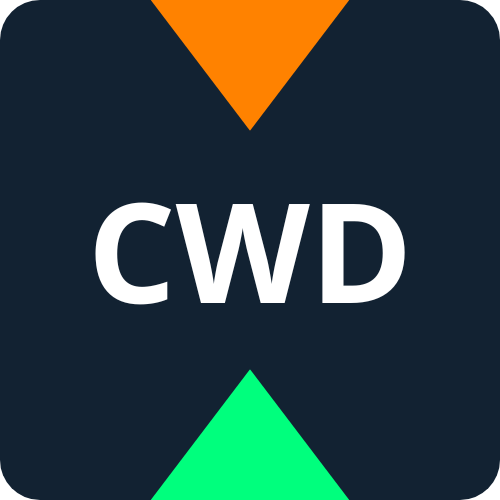What is a programming language?
A programming language is a type of language that is used by programmers to create software programs with instructions that tell a machine how to execute them. Many programming languages share similarities in their syntax (structure of statements), although all languages are unique and of their own.
So, what are the best programming languages to learn in 2024?
There are many great programming languages out there, but if we were to narrow it down based on the demand and the most popular amongst developers, we would have the following:
- Python
- Java
- JavaScript
- C#
Python
It's one of the most popular programming languages out there at the moment and still growing. Originally founded in 1991 by Guido van Rossum. Python is used in a wide variety of fields, but it's especially popular for data science and web development.
Benefits:
- It is very easy to learn (beginner friendly)
- There is a lot of library support
- Lots of community support
- Open-source (freeware)
- Excellent at scaling from simple applications to those that are more complex in nature
Limitations:
- It is slower than a lot of languages because it is an interpreted programming language
- Not a good language for mobile development and computing
- It isn't good at threading due to the global interpreter lock
- It has limitations with database access because its data access layer is not very well developed
- Memory consumption is too high, so it's not a good choice for memory-intensive tasks
Java
Java is also another popular programming language. It was initially developed in 1995 by James Gosling. Like Python, it can be used for a lot of different tasks. It is especially popular for building web applications that are on an enterprise scale, and in android app development.
Benefits:
- Has support for multi-threading
- There are a lot of open-source libraries that are available
- It is a highly secure programming language, due to its use of a security manager that defines class access
- It has automatic memory allocation
- It is a distributed programming language
Limitations:
- Much slower, than in comparison to C++ and C
- The memory management can be expensive to manage
- Its syntax is very complex and verbose (many words and sentences are complex in its syntax)
- No templates available, which prohibit it from developing data structures that are of high quality
- Requires a lot of memory space
JavaScript
Has grown significantly in the last few years. Like Java, it was also first introduced in 1995 by Brendan Eich of Netscape. This programming language can be used in nearly every field, which makes it extremely popular and versatile.
Benefits:
- It is extremely simple to implement
- It has excellent community support and is filled with a lot of resources
- Helps to make a web interface more interactive and richer
- It gets regular updates via the ECMA specification
- Integrates well with other programming languages
Limitations:
- Unfortunately, it only uses single inheritance
- Can be interpreted differently by other browsers
- If there is an error in JavaScript code, it can stop rendering a website
- JavaScript code is visible to everyone and cannot be made private
- The JavaScript DOM (Document Object Model) is very slow
C#
Developed at Microsoft by Mads Torgensen in 2000. It is a general-purpose and multi-paradigm programming language. It is commonly used for back-end programming, for building games, and especially desktop applications.
Benefits:
- Compilation and execution times are very fast
- Scales automatically and it is updateable
- It is much safer than C and C++ because pointer types are not allowed
- Offers type safety
- It is ideal for development in Windows
Limitations:
- Not as flexible as C++
- It can have a steep learning curve
- Some errors can be complex in nature, therefore requiring sufficient knowledge and experience
- It has a poor x-platform GUI (Graphical User Interface)
- Doesn't offer the best performance in terms of application performance benchmarks
A final note
So, there you have it. The best programming languages to learn in 2024. Of course, each programming language listed above has its own advantages and disadvantages. The best is to experiment with each language, do some of your own research and "get a feel" for what you feel most comfortable with learning and what fits best for your scenario and goal.
From personal experience, I would say that if you are just starting on your journey with programming, then you can't go wrong with learning Python as a start. It is simple and beginner-friendly and it's highly popular among developers.

